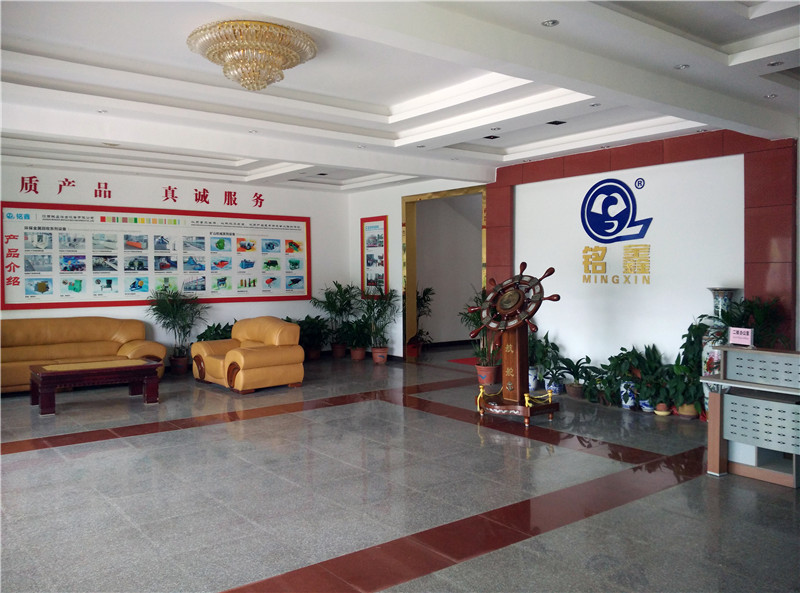The recycling of lead-acid batteries is a rapidly expanding industry in Africa, the Middle East, and parts of Asia. This growth is fueled by the rising demand for sustainable raw materials and the widespread use of batteries in vehicles and backup power systems. Selecting the right lead-acid battery recycling machine is critical for plant operators aiming to achieve high profitability, comply with environmental regulations, and maximize operational efficiency.
How Efficient Is the Recovery Process?
Modern recycling systems can achieve lead recovery rates as high as 96-98%, depending on the technology used. For instance, a recycling facility in Zambia processing 15 tons of batteries per day achieved a 97% recovery rate using semi-automatic equipment. This system enabled the effective separation of lead paste, plastic, and sulfuric acid, with each component processed or recycled further to maximize value and minimize waste.
How Do Recycling Plants Meet Environmental Standards?
Environmental compliance is one of the primary challenges for recycling plants. Countries like Saudi Arabia enforce stringent regulations on sulfuric acid discharge, necessitating the use of integrated acid neutralization systems. A facility in Saudi Arabia implemented technology that produced treated water with the following standards: pH 6–9, total copper concentration below 0.5 mg/L, total lead concentration below 0.5 mg/L, and total arsenic concentration below 0.3 mg/L. These systems not only reduce environmental harm but also help recycling businesses comply with local and international standards.
Can High-Purity Lead Be Achieved Without Electro-Refining?
The demand for high-purity lead (99.97% or higher) is increasing as manufacturers seek premium-quality materials for new batteries. Advanced rotary furnace technology has made it possible to achieve 99.99% lead purity without electro-refining. For example, a plant in Congo processing 40 tons of batteries per day utilized rotary furnaces operating at 1,200–1,400°C during the smelting phase to separate lead paste into crude lead and impurities. During secondary refining, temperatures were carefully controlled between 950°C and 1,150°C to remove residual contaminants and produce high-purity lead ingots, meeting international quality standards.
Are Semi-Automatic Machines Cost-Effective for Small-Scale Plants?
In developing regions, many recycling plants operate on a smaller scale compared to facilities in Europe or Asia. Semi-automatic recycling machines offer an affordable and scalable solution. A plant in Russia with a capacity of 40 tons per day invested $250,000 in semi-automatic equipment. Within two years, the plant reported a full return on investment, driven by reduced operational costs, minimal downtime, and high recovery efficiency.
How Important Is Plastic Recycling in Battery Recycling?
Recycling the polypropylene (PP) plastic used in battery casings adds significant value to operations. Advanced separation systems can recover over 96% of PP, which can then be processed into granules and sold. For instance, a facility in Kuwait generated an additional $50,000 annually by reselling recycled PP from battery casings to local plastic manufacturers.
Conclusion
For lead-acid battery recycling operators in Africa, the Middle East, and parts of Asia, selecting the right equipment is crucial to balancing cost, efficiency, and environmental responsibility. By using advanced recycling systems, businesses in these regions can achieve high lead recovery rates, meet strict environmental regulations, and maximize profitability through additional revenue streams like plastic recycling.
This balance of innovation and cost-effectiveness is key to meeting the growing demand for recycled materials while ensuring sustainable and responsible operations.











